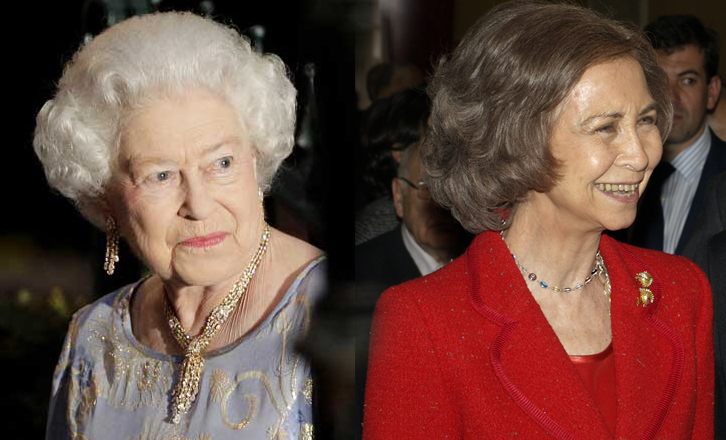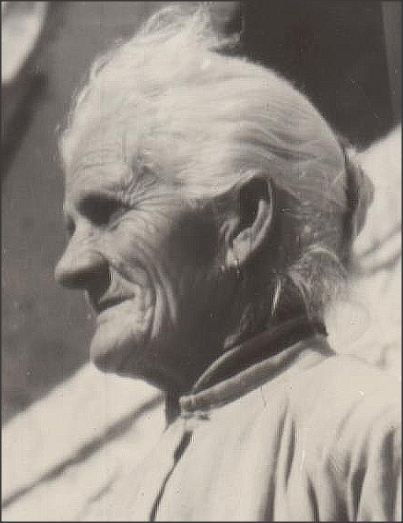
Up until very recently the fact that listeners and viewers in Malta have, since the 1930’s, been capable of receiving radio and television transmissions from Italy has been a ‘technical coincidence’.
Radio transmission from Italy before the war was in fact ‘boosted’ to enable Italian broadcasts to be heard in what was British controlled territory. The response in Malta was the development of what became ‘the Rediffusion’ a mix of broadcasts from what was the BBC Empire Service and programmes produced in Malta. This marked the beginning of Maltese broadcasting. Like radio, the first television broadcasts received in Malta were from Sicily. All that changed when Malta Television (now TVM) began broadcasting to Malta in the early 1960’s.
During the mid 1940’s and through to recent times Italian analogue transmitters on Sicily were polarised so that broadcasts could be received on the Italian island of Lampedusa. The fact there was any reception in Malta was a bonus for the Maltese and more recently for broadcast platform operators licenced by the transmission regulators in Malta (the Malta Communications Authority) and the broadcast content regulator (the Malta Broadcasting Authority).
Now, thanks to current digital technological developments in transmission infrastructure and a clampdown by the European Broadcasting Union (EBU) and the EU transmissions can more easily be controlled within territories. This will make life a whole lot easier for broadcasters like RAI who do not have ‘rights’ to broadcast beyond Italy. As far as Lampedusa is concerned it means that ‘off-air’ broadcasts from mainland Italy can be received encrypted via satellite or other dedicated services and then retransmitted to the consumer on the island.
Eventually (along with all other EU territories) all the analogue transmitters will be closedown and re-engineered for digital broadcasting – a process currently underway. This marks the end of most inadvertent transmissions being received out of territory.
The fact that licenced broadcast platform operators in countries like Malta supply (and in some cases even charge a fee) for stations ‘off-air’ beyond territories from the originating broadcaster is highly suspect. It is a matter the relevant authorities on all sides in each territory perhaps should look into as a matter of some urgency due the current pace of development within digital broadcasting and the clampdown naturally attached to it.
From a consumer’s point of view in countries such as Malta I think it’s unfair to pay an actual fee for material from a platform operator who has no agreement to re-broadcast ‘off-air’ programming from a programme company. If a consumer can naturally receive signals from other territories via their personal equipment then that’s good news, but unfair if a commercial platform operator is providing it as a ‘service’ and charging a ‘fee’ or including it within a ‘package’ at the same time.
From a broadcasters point of view I think it is unfair for performers, producers and crews to have their material transmitted to an unknown audience with no extra fees, arrangements or agreements.
If however an actual legal agreement is in place ratified by the originating broadcaster, regulators and the EBU then fair enough – but I doubt it.
(see: Go-acts-on-TV-signals)




